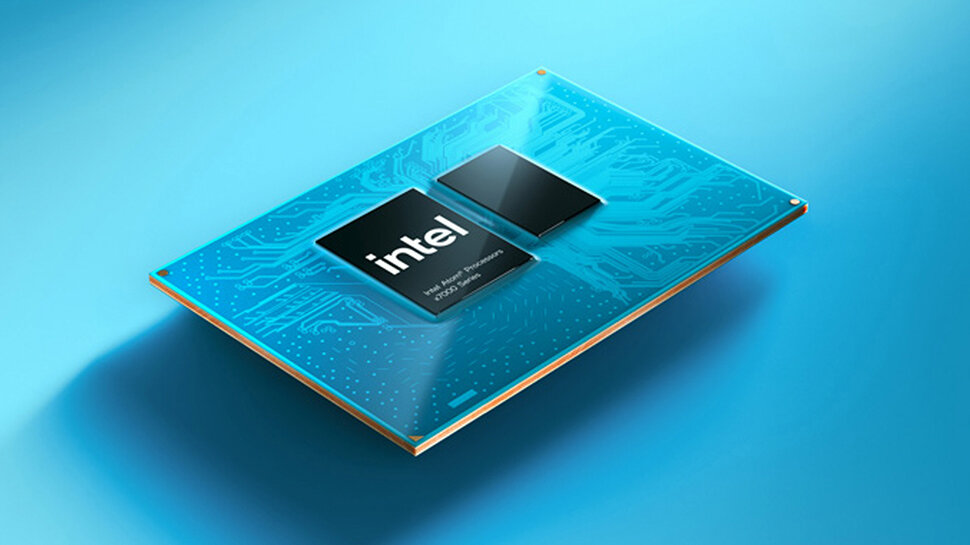Search the Community
Showing results for tags 'deep learning'.
-
Intel has launched a new AI processor series for the edge, promising industrial-class deep learning inference. The new ‘Amston Lake’ Atom x7000RE chips offer up to double the cores and twice the higher graphics base frequency as the previous x6000RE series, all neatly packed within a 6W–12W BGA package. The x7000RE series packs more performance into a smaller footprint. Boasting up to eight E-cores it supports LPDDR5/DDR5/DDR4 memory and up to nine PCIe 3.0 lanes, delivering robust multitasking capabilities. Intel says its new processors are designed to withstand challenging conditions, enduring extreme temperature variations, shock, and vibration, and to operate in hard-to-reach locations. They offer 2x SATA Gen 3.2 ports, up to 4x USB 3.2 Gen 2 ports, a USB Type-C port, 2.5GbE Ethernet connection, along with Intel Wi-Fi, Bluetooth, and 5G platform capabilities. Embedded, industrial, and communication The x7000RE series consists of four SKUs, all suitable for embedded, industrial, and communication use under extended temperature conditions. The x7211RE and x7213RE have 2 cores and relatively lower base frequencies, while the x7433RE has 4 cores, and the x7835RE has 8 cores with higher base frequencies. All four SKUs support a GPU execution unit count of either 16 or 32, and Intel's Time Coordinated Computing and Time-Sensitive Networking GbE features. The x7000RE offer integrated Intel UHD Graphics, Intel DL Boost, Intel AVX2 with INT8 support, and OpenVINO toolkit support. Intel says the chips will allow customers to easily deploy deep learning inference at the industrial edge and in smart cities, and “enhance computer vision solutions with built-in AI capabilities and ecosystem-enabled camera modules” as well as “capture power- and cost-efficient performance to enable latency-bounded workloads in robotics and automation.” More from TechRadar Pro Intel bets on a secret weapon to beat AMD in some AI workloadsIntel unveils 288-core Leviathan 5th-gen Xeon CPUIntel could move away from regular CPU releases View the full article
-
Amazon Rekognition content moderation is a deep learning-based feature that can detect inappropriate, unwanted, or offensive images and videos, making it easier to find and remove such content at scale. Customers across industries, such as social media, gaming, and advertising, use Rekognition’s content moderation capabilities to protect their brand reputation, and enable safe user communities. With Custom Moderation, customers can now enhance the accuracy of the moderation deep learning model on their business-specific data by training an adapter with as few as twenty annotated images in less than hour. View the full article
-
Forum Statistics
43.8k
Total Topics43.3k
Total Posts
.png.6dd3056f38e93712a18d153891e8e0fc.png.1dbd1e5f05de09e66333e631e3342b83.png.933f4dc78ef5a5d2971934bd41ead8a1.png)


